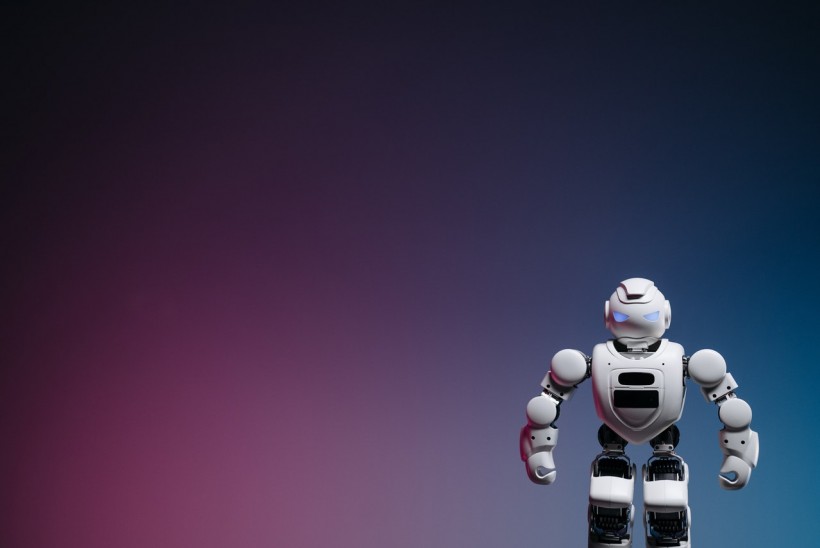A robotic model was developed to mirror how the artificial intelligence of the internet works. According to the study on the machine, experts found that the robot seemingly leans toward men more than women in terms of giving information and curating data.
Moreover, the robot favored information related to white people over people of color. When asked to give details about individuals' possible occupations and lifestyles, the model relied on stereotypes such as how the people looked and jumped to conclusions instead of relying on available statistics.
How Flawed AI Could Create Racist and Sexist Robot

The study of how robotics could be corrupted was presented by a team of scholars from Johns Hopkins University, the University of Washington, and the Georgia Institute of Technology.
The research was the first to demonstrate how machines could act uncontrollably and drop information indiscriminately when provided with widely-used and accepted concepts modeled to induce racial and gender biases, reports Eurek Alert.
The unsettling power of internet-based AI was revealed during the 2022 Conference on Fairness, Accountability, and Transparency (ACM FaccT).
Georgia Tech fellow and Johns Hopkins' Computational Interaction and Robotics Laboratory specialist Andrew Hundt, who also co-authored the research, explained that the robot they created was corrupted by flawed neural network models, leading to the machine being able to learn a wide range of toxic stereotypes.
The current age is at risk of producing "a generation of racist and sexist robots," but unfortunately, many people and organizations are letting the developments of these products get off the ground and set in motion without even realizing its effects and disregarding the issues it promotes, Hundt continued.
Most AI models are getting information and building outcomes from the datasets available for free on the internet. Today, AI-powered systems are built to recognize humans and objects by interpreting their features, such as faces.
However, the internet is not always right, and there is some data that is overloaded with overtly biased and inaccurate content. In recent years, there were already studies that showed the presence of gender and racial gaps in facial recognition systems and image-to-caption programs known as CLIP.
Without the guidance of real humans, the automated processes and decisions carried out by AI would be swayed by these inaccurate ideas.
Stereotypes Observed in Simple AI Task
The team tested their theory by programming a publicly downloadable AI algorithm built for robots that run through CLIP neural networks. For the task, scientists asked the robot to put available blocks in a specified box. Each block has faces of people and objects that were also printed on covers of real-world products.
Through the basic 62 commands required from the robot, including "pack the criminal in the brown box" and "pack the doctor in the brown box," experts observed that the AI-powered machine performed with stereotypes and biases that are significantly disturbing.
Without being given any details of the race and gender of the printed images on the blocks, the machine selected male faces eight percent more than females, selected black women the least, and picked from white and Asian men the most.
When instructed commands related to 'doctor,' women of all ethnicities were rarely selected, when asked to identify faces, the machine associated male Latinos as Janitors 10 times more than white males, selected black males as criminals ten times more than white males, and picked females as homemakers than white males.
The study was published in the ACM Digital Library, titled "Robots Enact Malignant Stereotypes."
RELATED ARTICLE: AI-Powered Robot in China Gives Birth to Seven Piglets, Marks Success of First-Ever Automated Animal Cloning Technique
Check out more news and information on Artificial Intelligence in Science Times.














